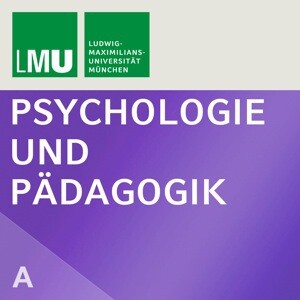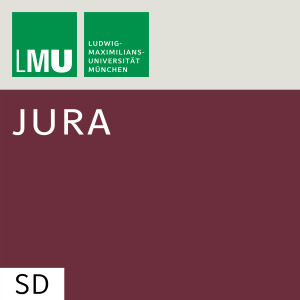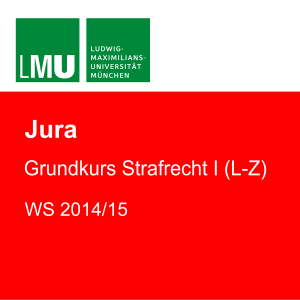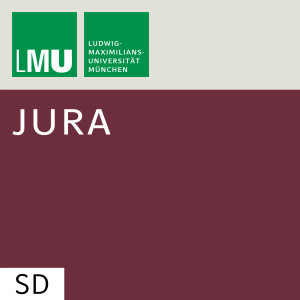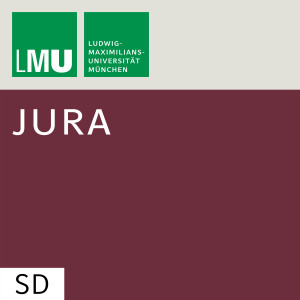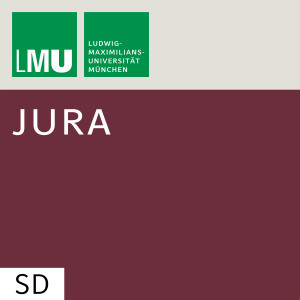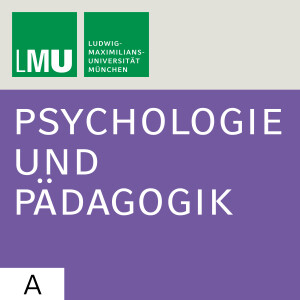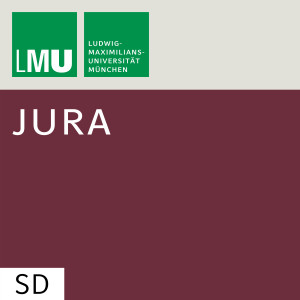

Mind over Matter
https://cast.itunes.uni-muenchen.de/playlists/btSolKeG7h/audio_only.rssEpisode List

GSN podcast - episode 11
Dr. Leopoldo Petreanu is a Principal Investigator at the Champalimaud Center for the Unknown where he leads a Cortical Circuits Lab. Dr. Petreanu is interested in the principles of inter- and intra-cortical connectivity. He levels an appropriately multi-pronged attack on this fundamental problem. For example, to better understand cortical feedback, he studied visual cortex and the functional organization therein. While when looking at the long-range circuits, he chose to look at the sensory and motor cortices. Aside from effortlessly switching between preparations and nailing complex techniques, his lab also develops novel behavioral tasks. In this episode, we discuss --> what Dr. Petreanu learnt from Karel Svoboda --> why not having quantitative skills early on is not a handicap --> which argument for the unity of cortical computation he finds the most compelling

GSN podcast - Episode 10
Prof. Dora Angelaki investigates the influence of vestibular signals on spatial cognition in the mammalian brain. We discuss why she changes fields every 10 years, her work in computational psychiatry, systems neuroscience. We also touch on what she learned as an editor-in-chief of the Journal of Neuroscience and a member of the International Brain Laboratory. And much more!

GSN podcast - Episode 9
Prof. Matthew Nolan leads a systems neuroscience laboratory at the University of Edinburgh. His research focuses on the molecular and circuit mechanisms underlying memory and navigation in the hippocampal – entorhinal system. Prof. Nolan is a rare example of a scientist whose work appeals both to pure theoreticians and hard line experimentalists. In this episode, we discuss –> open science and the value of reviewer anonymity –> the concept of “cell type” and its (mis)use in the navigation field –> how to supervise long-term projects and guide them to completion

GSN podcast - Episode 4
Prof. op de Beeck is a Group leader of Human Brain Imaging and Rodent Visual Cognition at the Catholic University of Leuven in Belgium. We discuss the skewed proportion of PhDs to Postdocs and the progressively narrowing funnel leading to tenure. We also touch upon how to balance high throughput analyses of ‘natural’ behaviors with training animals to perform more sophisticated - and, admittedly, artificial - tasks.

GSN podcast - Episode 8
Dr. Daniel Manson is a neuroscientist-turned-developer based in London. At the moment, he is a software engineer at the London-based LandInsight - a company providing services for land developers in England and Wales. But back in the day, he was a Neuroscience PhD student at the University College London. There he worked in the lab of the 2014 Nobel Prize Winner John O’Keeffe under the supervision of Dr. Caswell Barry. Daniel started developing software while still in the academic quarters. During his PhD he managed not only to perform his own experiments, but also to contribute to the community with his excellent waveform GUI for hippocampal and entorhinal electrophysiology data. In this episode, we discuss --> why Daniel decided to leave academia --> how his days at on the job differ from the daily grind of the PhD --> why working for a start-up is sometimes like playing a strategy game and more!
You may also like
Create Your Podcast In Minutes
- Full-featured podcast site
- Unlimited storage and bandwidth
- Comprehensive podcast stats
- Distribute to Apple Podcasts, Spotify, and more
- Make money with your podcast
